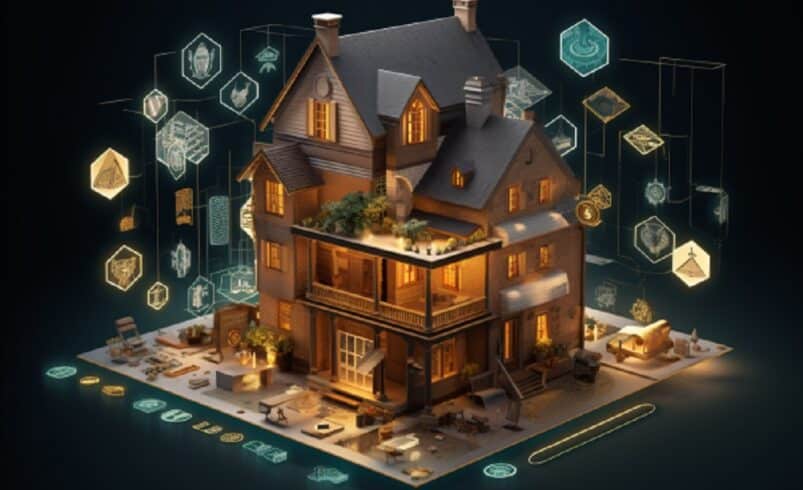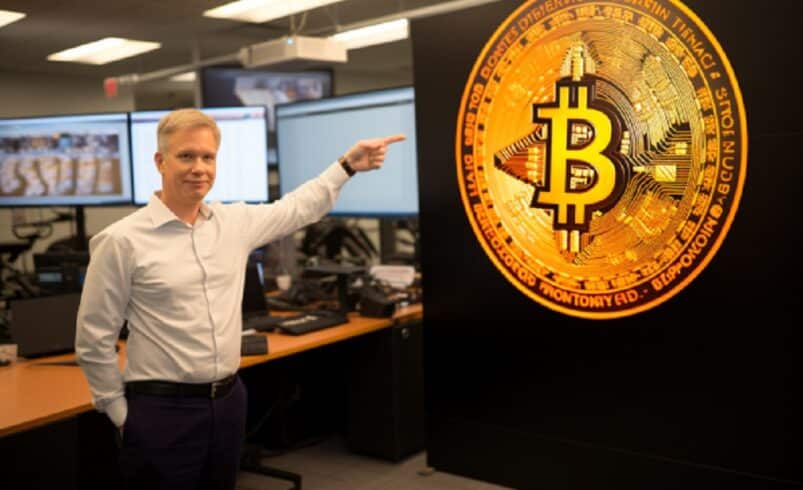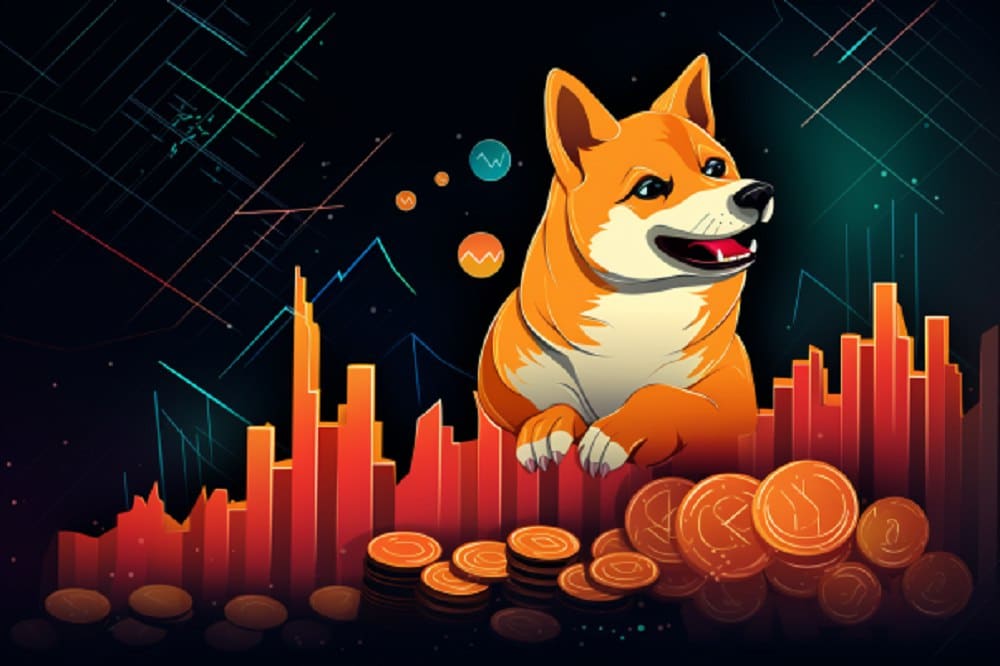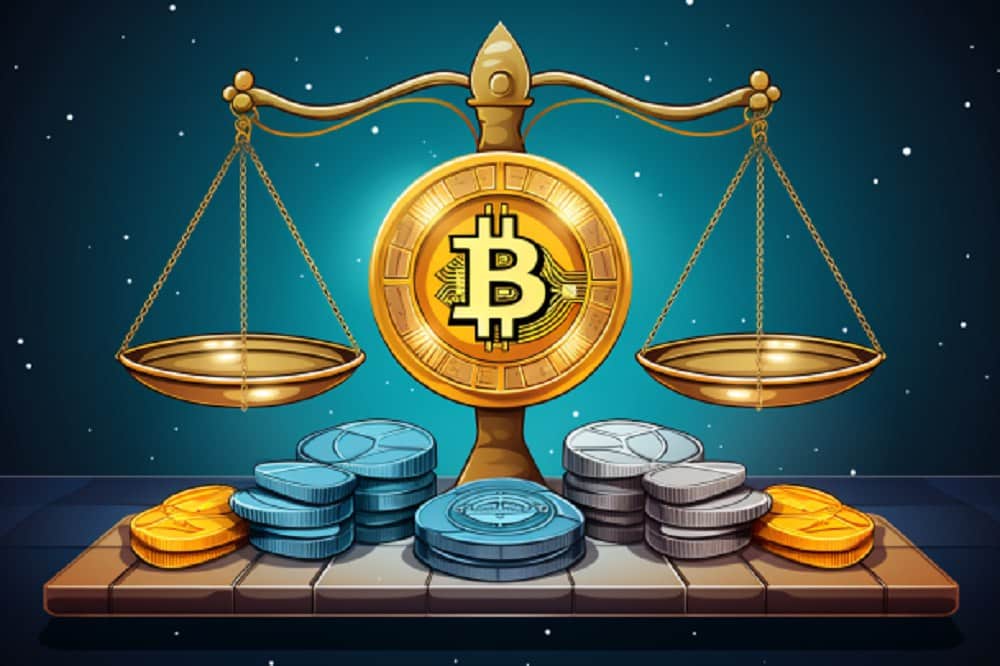What is a DAO?

A blockchain-based organization that lacks centralized management is known as a Decentralized Autonomous Organization, or DAO. It functions essentially as a smart contract that facilitates governance and decision-making among its participants, or token holders. DAOs are intended to be open, transparent, and censorship-resistant. They employ blockchain technology to automate certain governance activities, like voting and fund allocation.
How Does a DAO Work?
1. Smart Contracts
DAOs are built on top of smart contracts, which are self-executing pieces of code that are stored on the blockchain. The procedures and policies regulating the DAO’s activities are encapsulated in these smart contracts.
2. Holders of tokens
Members of a DAO known as token holders have tokens that represent their ownership position in the company. These tokens frequently grant voting privileges, allowing participants to take an active part in the decision-making process.
3. Voting
Token-based voting methods are generally used by voting mechanisms within DAOs. Each member’s vote is weighted according to the amount of tokens they possess, stressing a more democratic or meritocratic approach.
4. Execution
The smart contract effortlessly initiates the desired action after a proposal has been approved. This action can perform a wide range of tasks, all of which are carried out automatically, boosting efficiency and transparency throughout the DAO ecosystem, from transferring funds to changing the organization’s laws.
Use Cases of DAOs:
1. Decentralized Finance (DeFi): To handle decentralized protocols like lending and borrowing platforms, decentralized exchanges, and stablecoins, DAOs are frequently employed in the DeFi field.
2. Governance: DAOs can be used to decide on changes to blockchain settings, protocol updates, and other decentralized ecosystem-related issues.
3. Content creation: DAOs are sometimes used by platforms to control the production and curation of content. Holders of tokens have a say in what material is rewarded or promoted.
4. Collectives: DAOs can be used by collectives to manage funds and decide how to distribute resources among members for different initiatives.
Benefits of DAOs:
1. Transparency: A DAO keeps a record of every activity and decision made, making it public and auditable.
2. Decentralization: DAOs reduce the need for intermediaries, encouraging decentralization and lowering the danger of corruption or manipulation.
3. Global Participation: The DAO’s governance is open to anybody with tokens, allowing a large community to make decisions together.
Threats and Obstacles:
1. Vulnerabilities in the code There may be flaws or weaknesses in smart contracts that might be taken advantage of to cause big losses.
2. Governance Attacks: By amassing a sizable amount of tokens, malicious actors may try to seize control of a DAO.
3. Legal Issues: There can be legal uncertainty with DAOs in various places, which puts regulatory concerns.
4. Human Error: Although automated, DAOs are still under the control of people, and mistakes made by people can cause problems.
Examples of DAOs:
1. The DAO (Ethereum): The infamous DAO was one of the initial examples. It generated a sizable quantity of Ether, but a coding flaw allowed for its exploitation, which caused a hard fork in the Ethereum network.
2. MakerDAO (Ethereum): MakerDAO controls the collateralization scheme and stablecoin DAI. It’s a successful example of a functioning DAO in DeFi.
3. Aragon: Aragon offers DAO management and creation tools. It focuses on governance solutions and functions as both a platform and a DAO itself.
1. Acquire Tokens:
To become an active member of a DAO, you normally need to acquire tokens that are related to it. These tokens are available for purchase on exchanges or through taking part in token sales, also known as initial coin offerings (ICOs) or token generation events (TGEs).
2. Keep Up to Date:
It’s important to be informed about the DAO’s ongoing initiatives and suggestions. Follow the community’s conversations and developments on a regular basis to make educated voting decisions that are in line with your priorities and the DAO’s goals.
3. Participate in Governance:
Take an active role in the DAO’s governance by voting on any amendments, financing decisions, or other proposals made by the community. The democratic procedures of the DAO are strengthened through active participation.
4. Recognize the dangers:
Be aware of the dangers that come with participation in the DAO. These dangers can include the possibility of financial loss brought on by weak points in smart contracts, volatile markets, or governance-related problems.
4. Use Wallets and Tools:
Get acquainted with cryptocurrency wallets and specialized tools made for communicating with DAOs. With the help of these tools, voting, proposal submission, and token management are made easier and safer inside the DAO ecosystem.
Conclusion
DAOs are a game-changing force in the cryptocurrency sector because they allow for decentralized governance and decision-making. To maximize their potential, interact with prudence, keep yourself informed, and take part actively.
DISCLAIMER: It's crucial we tell you that the content on this page is not meant to serve as, nor should it be construed as, advice in legal, tax, investment, financial, or any other professional context. You should only invest an amount that you are prepared to lose, and it's advisable to consult with an independent financial expert if you're uncertain. To obtain more information, we recommend examining the terms of service and exploring the assistance and support resources provided by the issuing or advertising entity. Our platform is dedicated to delivering accurate and unbiased reporting, but it's important to note that market circumstances can change rapidly. Also, be informed that some, though not all, articles on our site may be sponsored or paid content.











